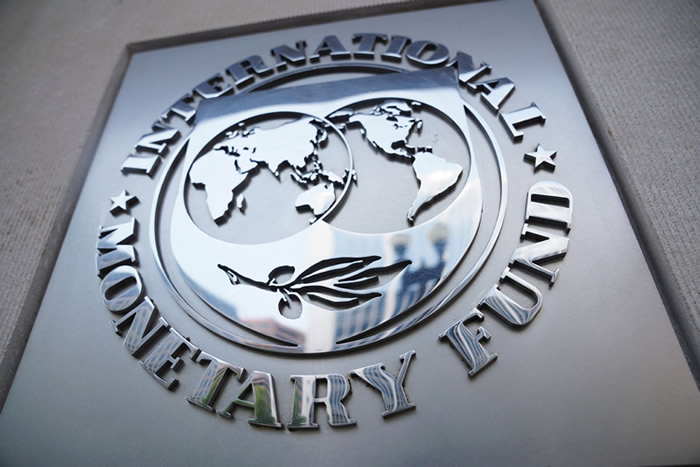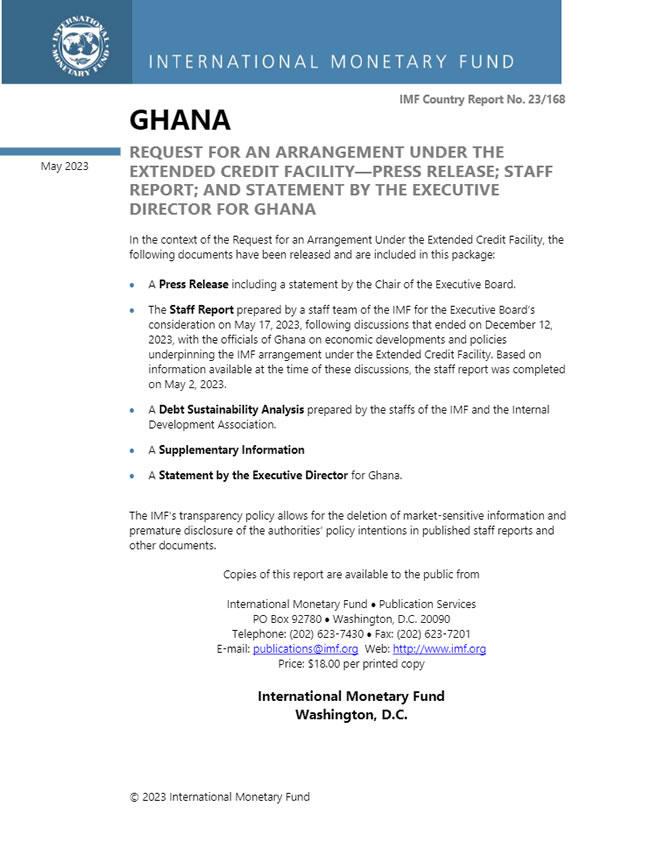
The International Monetary Fund (IMF) eventually approved the long-awaited $3 billion Extended Credit Facility for Ghana in the last week, but the country’s economic crisis won’t be over soon.
In its full report, the IMF has among other things projected that the country’s public debt would rise above $98 billion in 2023.
Inflation is currently above 40 per cent and the cost of living has continued to rise, even though the cedi has made marginal gains against the US dollar.
The IMF says, growth is expected to decline this year because of the crisis and the planned fiscal consolidation, but a resolution of the debt crisis and reforms should foster a recovery and reduce inflation over the medium term.
It notes that the key downside risks include slippages in programme execution, delays in restructuring debt, and a deterioration in the external environment.
It points out that Ghana’s programme aims to restore macroeconomic stability and debt sustainability, while laying the foundations for higher and more inclusive growth, and the following are the key policies: Large and frontloaded fiscal consolidation to bring public finances back on a sustainable path, complemented by efforts to protect the vulnerable. The adjustment effort will be supported by ambitious structural reforms in the areas of tax policy, revenue administration, and public financial management, as well as steps to address weaknesses in the energy and cocoa sectors.
- Appropriately tight monetary and flexible exchange rate policies to bring inflation back to single digits and rebuild international reserves.
- Strong focus on preserving financial stability in the wake of the domestic debt restructuring.
- Reforms to encourage private investment and growth, including by improving governance, transparency, and public sector efficiency.
The full report below.

Source: Ghana Business News























